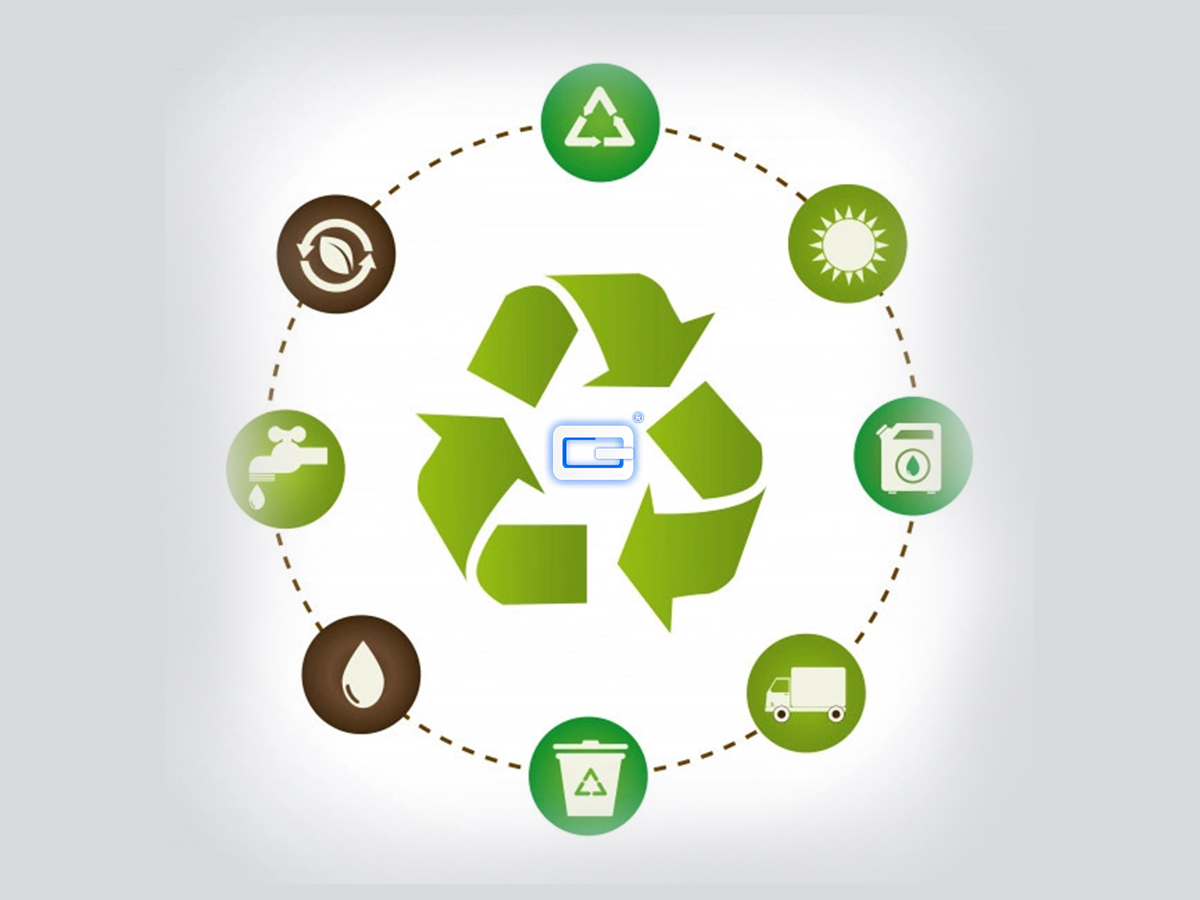With the current global warming issue, It is now more important than ever to prevent the depletion of natural energy resources. Statistics show that 89% of global CO2 emissions come from the burning of fossil fuels. Switching to renewable energy is an effective way to help the environment recover from climate change. Biomass energy is a powerful energy resource that can contribute to our planet by reducing the reliance upon fossil fuels for energy, and it has several other advantages.
In this article, You will briefly discover biomass energy and its benefits.
What is Biomass Energy?
Biomass energy is renewable energy produced from natural materials such as plants or animals to generate electricity or heat energy.
Types of biomass used for Biomass Energy
- Plants
- Wood
- Animal waste
- Industrial wastes
- Agricultural waste
Advantages of using Biomass Energy
- Benefits the Environment
Biomass energy, being a clean energy resource, contributes to the wellness of the environment in several ways. It reduces the number of landfills as it is generated chiefly from waste organic matter. Biomass energy is also a carbon-neutral resource as the carbon-di-oxide released during burning is absorbed by the growth of the biomass. It also contributes to soil conservation, prevents acid rain, and reduces the waste on the earth.
2. Availability
Biomass energy is an abundant energy resource like other natural energy resources such as wind, water, and the sun. Biomass energy is widely available all over the world. The availability of biomass energy makes it easily adaptable.
3. Reduces cost
Unlike Fossil Fuels, biomass energy eliminates unnecessary costs. It helps the producers gain high profits. It reduces greenhouse gases and saves money by lowering the reliance on fossil fuels for energy generation.
4. Renewable energy resource
Biomass energy is a renewable energy resource, and it is abundant. Statistics show that fossil fuels will run out by 2060. So, It is essential to adapt to renewable energy resources as it does not get depleted upon usage. The main advantage of any renewable resource is its contribution to combating climate change by reducing carbon footprints. It is more reliable and preserves natural resources.
5. Boosts Economy
Renewable energy resources impact the economy by stimulating trade and capital investments and lowering operational costs. Biomass energy contributes to the economy by generating jobs.
It generates more jobs when compared to other energy sectors. It also yields wealth from waste. Biodiesel reduces the dependence on imported fuels.
6. Energy Efficient
The use of various thermochemical and biochemical methods determines the Biomass energy conversion Efficiency into power, heat, transportation fuels, and chemicals. Biomass energy can generate 2 to 1000 megawatts of electricity.
The main characteristics of biomass efficiency are its renewability and CO2 neutrality. Furthermore, unlike other forms of sustainable energy, biomass is the only renewable carbon source that provides energy storage.
Applications of Biomass Energy
Biomass energy can generate heat energy and Electrical energy. There are both industrial and home applications for Biomass Energy. Products such as water heating systems and space heating systems can run with the help of biomass energy.




